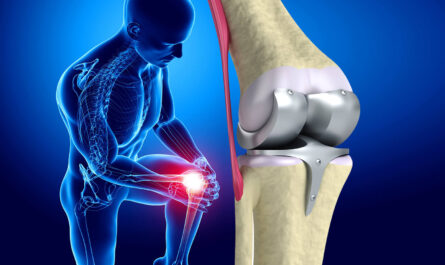What is DHA?
It is highly concentrated in the grey matter of the brain as well as the retina. DHA plays a vital role in brain and eye development in fetuses and infants. It also supports brain health across all life stages by promoting neuronal signalling, anti-inflammatory effects, and acting as a precursor to neuroprotectin D1 which protects nerve cells from oxidative stress.
DHA levels decline with age
While humans can synthesize small amounts of DHA from alpha-linolenic acid, production declines with age making dietary intake particularly important. Breastmilk is naturally high in DHA which is why it is crucial for infant development. However, as people get older their stores of DHA deplete if not replenished through consumption of oily fish, eggs from pastured hens, or supplementation. Maintaining adequate DHA levels becomes more challenging the older one gets due to a combination of decreased consumption as well as reduced converting ability.
Importance during pregnancy and early childhood
An adequate supply of DHA Supplements is essential during fetal development and early infancy when the brain undergoes rapid growth and neural connections are forming at a fast rate. Studies have linked DHA supplement during pregnancy to improved cognitive development as well as visual acuity in offspring. Breastfeeding provides infants with a good source of DHA which is why supplementation is recommended for nursing mothers. The developing brain continues to need DHA well into early childhood to support optimal neurological and cognitive outcomes.
Role in brain health and aging
Ongoing intake of DHA throughout adulthood and into older age supports brain health by promoting neuroplasticity. Adequate levels are associated with reduced risk of cognitive decline, Alzheimer’s disease, and age-related mental impairments. DHA is a structural component of neurons and plays an active role in neuronal signalling and anti-inflammatory pathways. Preclinical research links DHA to stimulating neurogenesis even in aging brains while human studies show supplementation may help preserve memory and thinking skills as people grow older. Maintaining proper DHA levels through the life stages may help optimize brain health and resilience against age-related cognitive decline.
Potential benefits beyond brain health
While brain and eye health are primary focuses given DHA’s role in neural and retinal tissues, emerging research shows it may provide additional whole-body benefits. Some studies link higher DHA intake to reduced risk of cardiovascular disease possibly through improvements in blood lipids, reducing inflammation, and anti-arrhythmic effects. Preliminary evidence also ties DHA to maintaining joint health and bone mineral density which is important for mobility and preventing fractures. Ongoing research continues exploring its impact on metabolic health markers, mood symptoms like depression and anxiety, and autoimmune conditions like rheumatoid arthritis where DHA may curb inflammation.
Choosing a high-quality DHA supplement
For those who do not obtain adequate DHA through their regular diets, supplementation provides a simple and effective way to reach daily recommended levels. When selecting a supplement, it is crucial to choose a product with a high concentration of DHA derived from natural marine sources like algae or fish oil rather than triglyceride or re-esterified forms which are less bioavailable. Look for supplements checked for heavy metal contaminants and onlycontaining the stated amount of pure DHA with no other fatty acids. Also consider one with added antioxidants like vitamin E to protect the DHA from oxidation. A high-quality supplement can safely provide the DHA necessary to support overall health, especially brain and eye function.
DHA supplements is an essential omega-3 fatty acid that plays vital roles in brain development, neurological health, and overall wellness. Maintaining adequate levels throughout the lifespan is important but can become more challenging with age. For those who may not obtain sufficient amounts from their regular diets, a high-quality DHA supplement is a prudent way to reach daily recommended intake and support optimal health, cognition and resilience against aging. Continued research will enhance our understanding of DHA’s multi-system benefits to overall well-being.
*Note:
1.Source: Coherent Market Insights, Public sources, Desk research
2.We have leveraged AI tools to mine information and compile it



